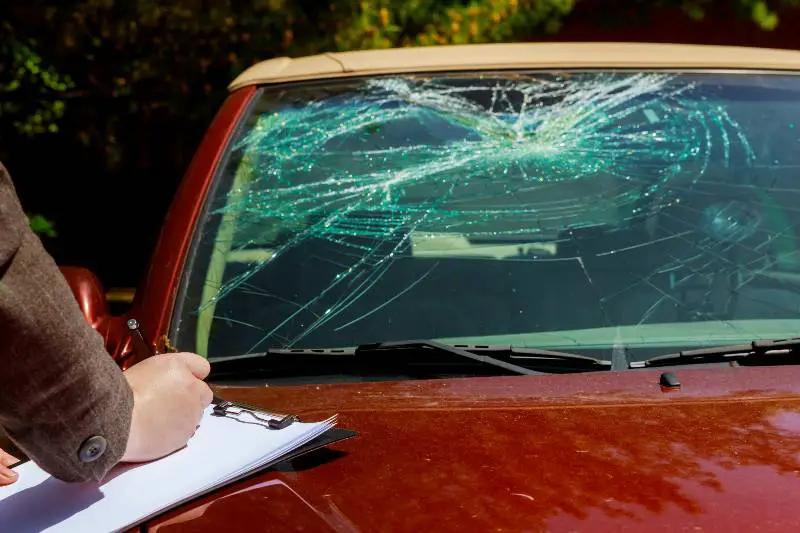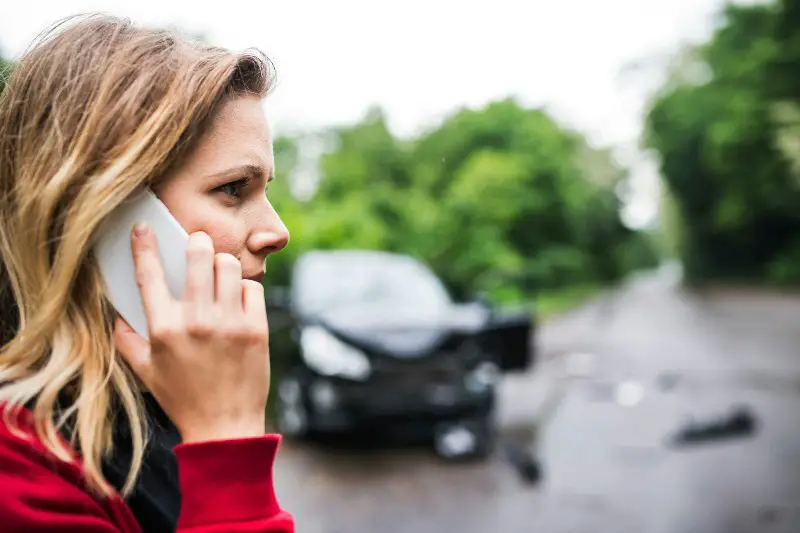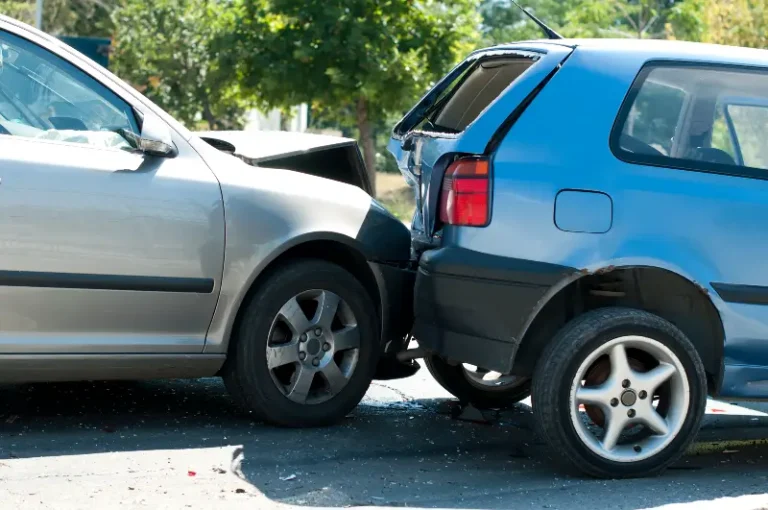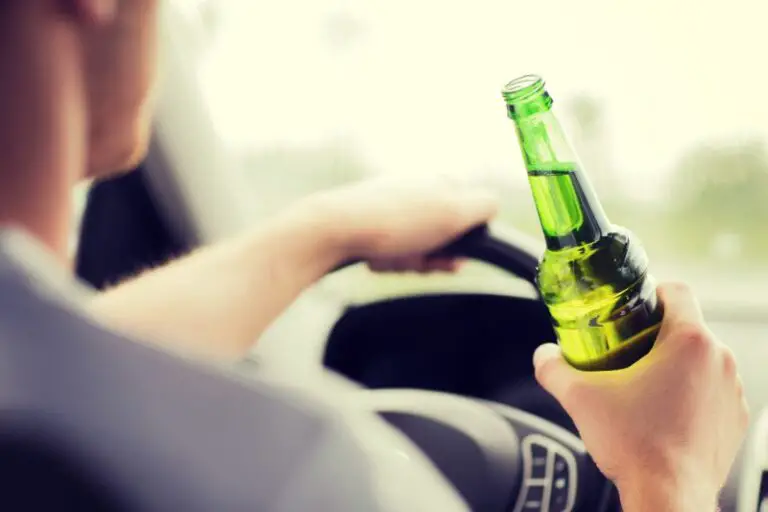After the Impact: Key Actions Following a Car Crash

If there is something that we can all agree on, it’s that none of us want to go through the experience of a car crash. And yet, car accidents happen—more frequently than one would hope.
What can you do when you find yourself in the immediate moments following the crash? Here are a few things to keep in mind:
Check Yourself and the Other Party
The first thing that you should do when experiencing a car accident is to make sure everyone is okay. Doing anything could be dangerous. Of course, you want to make sure your car is okay and get things going, but safety comes first.
Once you have determined that nobody has immediate life-threatening injuries, you can move on to the other steps that one should take after a car crash.
However, even if people seem to be okay, some car accident injuries are not always obvious at first glance, so consider calling an ambulance if the collision was high-impact.
Get Out of the Way
Once you’ve determined that people can safely move around after a car accident, it’s important to try to get the cars out of the way of traffic. You want to avoid blocking traffic or risking more crashes.
Typically, if the collision is severe enough that it’s not easy to move cars out of the way without help, the police will be called, and they can help direct traffic.
However, a simple fender bender is a scenario where you’ll more than likely be able to pull your car out of traffic.
Call the Police if Needed

As you take stock of the situation, there may be times when the police need to be called. This may be for those times when the collision is more serious and you need help directing traffic. In other situations, you may not be able to work out who is at fault without them.
While most people want to work things out with the police, be smart about this decision, as you need to make sure you’re protecting yourself, your car, and your money.
Get in Touch with Insurance
Besides the phone call to emergency services, you’ll also want to get in touch with your insurance right away. Document the scene. Explain what’s happened. Get the other party’s insurance information. Share details.
Calling right away can help you easily relay what has happened while the experience is fresh in your mind.
It can also get the ball rolling so that you can get the auto body estimate that ensures your car gets fixed if needed. Never avoid getting your insurance involved, even if the other party seems to be helpful and offering money. You never know what the hidden damage to your car may be.
Consider Getting Medical Attention
If you called an ambulance after the crash, chances are that you’ve received some attention and can have a clear understanding of whether or not you’re doing okay after the accident. However, when it comes to fender-bender-type collisions, a lot of people don’t call emergency services.
While there may not seem to be any need for medical attention in these kinds of scenarios, there can be injuries that show up afterward. If you have insurance that you can rely on, consider talking to your doctor about anything that you may feel after the crash.
A stiff neck, a headache, or backaches could be reason enough to go ahead and visit a clinic or hospital. At the end of the day, it’s always better to be safe than sorry—especially after a car crash.
In Conclusion
From the impact of the crash to the way that your car looks after the accident, going through the experience of a car accident can be stressful.
While there are more steps that you can take than these ones, these tips can at least help you have important things in mind should you have a car crash in the future. Here’s to hoping that you don’t!


